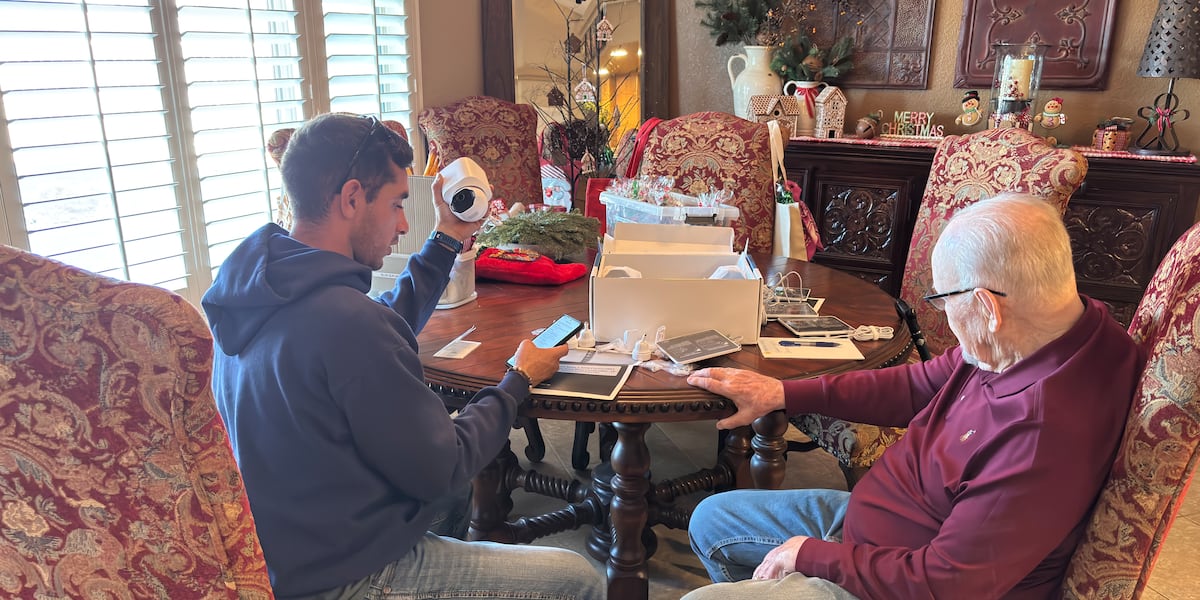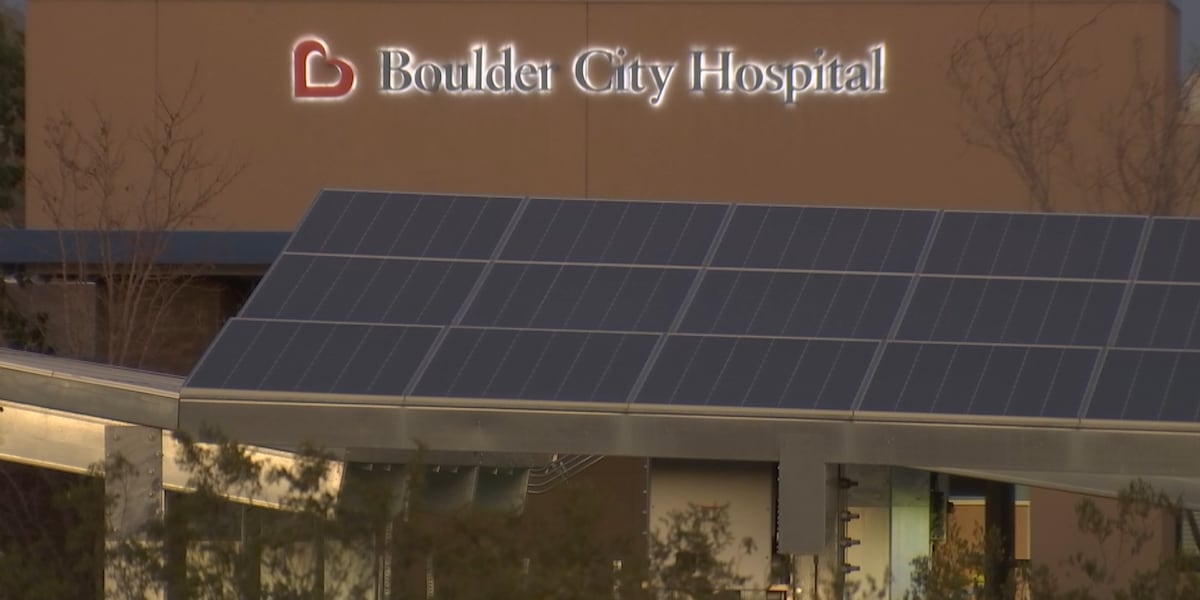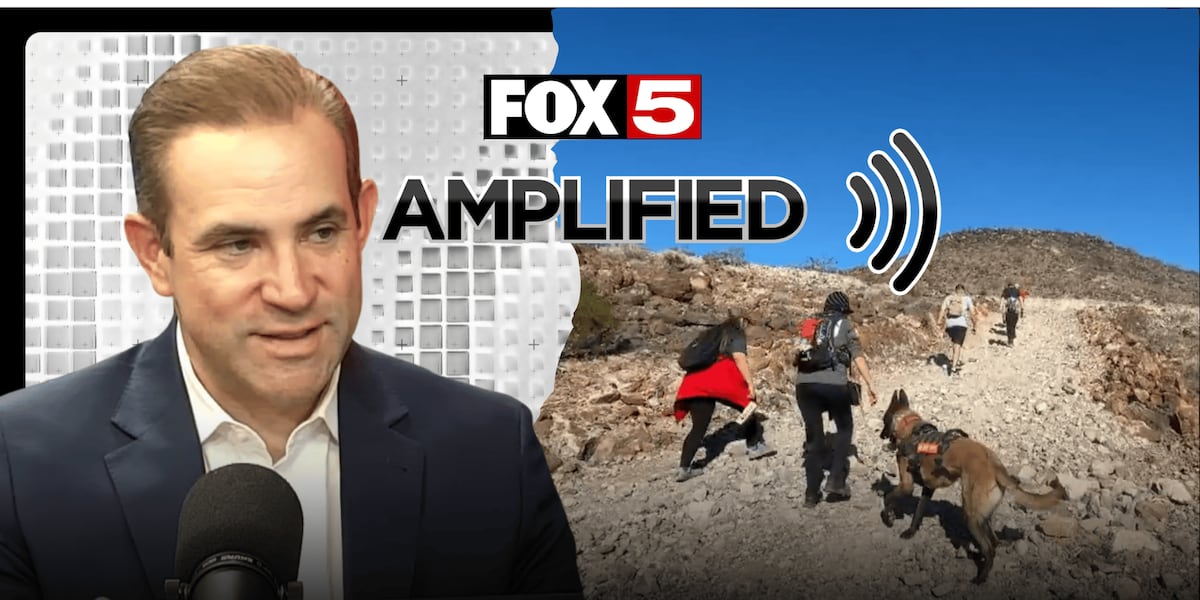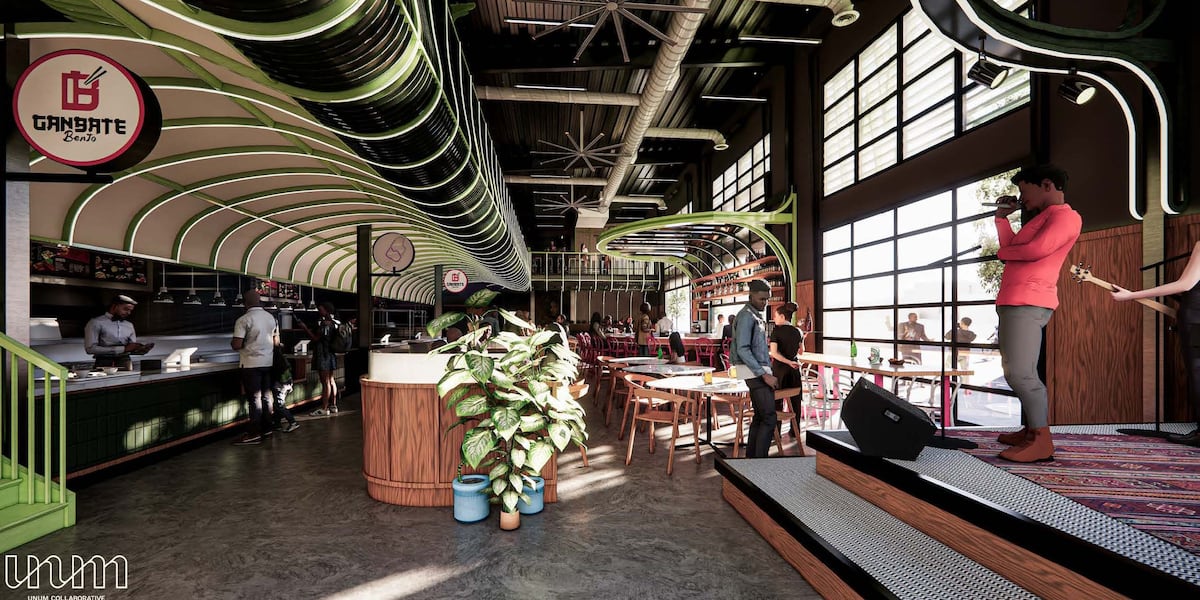RENO, Nev. (AP) – The most powerful Pacific storm of the season started barreling into the Sierra Nevada on Thursday, packing multiple feet of snow and dangerous winds that forecasters say will create blizzard conditions likely to close major highways and trigger power outages into the weekend.
Much of the Sierra Nevada was under a blizzard warning stretching through Sunday, with the biggest effects expected Friday afternoon into Saturday.
As much as 10 feet (3 meters) of snow is possible in the mountains around Lake Tahoe by the weekend, with 3 to 6 feet (.9 to 1.8 meters) in the communities on the lake’s shores and more than a foot (30 centimeters) possible in the valleys on the Sierra’s eastern front, including Reno, the National Weather Service said.
Winds are expected to gust in excess of 115 mph (185 kph) over Sierra ridgetops, and 70 mph (113 kph) at lower elevations, it said.
The weather service in Reno said in its updated forecast as evening approached on Thursday it has seen no new scenarios to suggest a weakening of the storm: “Snow amounts have increased, if that is even possible.”
Backcountry avalanche warnings were in place around Lake Tahoe, as well as areas around Yosemite National Park stretching down to Mammoth Lakes.
“Very dangerous avalanche conditions are expected from Friday afternoon through Sunday,” the Eastern Sierra Avalanche Center in Mammoth Lakes said.
The California Highway Patrol imposed travel restrictions on a long stretch of Interstate 80 between Reno and Sacramento, requiring drivers to put chains on their tires. A stretch of the highway was closed for hours at midday Thursday while crews cleared the wreckage of a semi-trailer truck that overturned near Truckee, California.
“Your safe travel window is over in the Sierra,” the weather service in Reno posted on social media. “Best to hunker down where you are.”
The blizzard warning covers a 300-mile (482-kilometer) stretch of the Sierra from north of Lake Tahoe to south of Yosemite National Park effective until 10 a.m. Sunday.
“This will be a legitimate blizzard,” UCLA climate scientist Daniel Swain said during an online briefing Thursday. “Really true blizzard conditions with multiple feet of snow and very strong winds, the potential for power outages and the fact that roads probably aren’t going to be cleared as quickly or as effectively as they normally would be even during a significant winter storm.”
On the bright side, California water officials said the storm should provide a much-needed shot in the arm to the Sierra snowpack, which is vital to the state’s water supplies and sits well below normal so far this season.
Palisades Tahoe ski resort tweeted that the big dump expected over the weekend on top of 8 feet of snow in February should allow them to keep the slopes open through Memorial Day. But it warned blizzard conditions are likely to force temporary closures off and on through the weekend.
Todd Cummings decided to drive from Santa Cruz to the Lake Tahoe area ahead of the storm with plans to lay low during the blizzard and then hit the slopes.
“When a storm comes in, people have a tough time getting there, so there’s sometimes less crowds on the mountains and there is untracked, fresh snow that it’s super light and you float on it. It’s fantastic!” he said.
Some remained skeptical it will be as bad as predicted.
Richard Cunningham said he has heard before about forecasts for the storm of the century that didn’t materialize since he moved from Las Vegas to Reno in 1997.
“Same story, different day,” he said. “Sometimes it doesn’t even snow.”
But that was before blue skies gave way to clouds and gusty winds that blew the roof off a shed east of Reno Thursday afternoon.
The lead scientist at a snow lab atop the Sierra said it is possible they could break their modern-day record of about 3.5 feet (1 meter) of snow in a single day from back in 1989.
“It’s a very serious storm for us,” Andrew Schwartz said Wednesday from UC-Berkeley’s Central Sierra Snow Lab, founded in 1946 in Soda Springs, California, northwest of Lake Tahoe.
Howie Nave, a radio DJ and stand-up comedian in South Lake Tahoe, said some people may not have been taking the storm seriously earlier in the week because dire forecasts of potentially heavy storms have not materialized several times this winter.
“There were times when I was expecting a Saint Bernard, but you gave me a Chihuahua,” Nave said about the weather forecasters.
But “everybody’s talking about the storm up here,” he said. “This is the first time we’ve had a blizzard warning.”
California Department of Water resources officials said Thursday that the Sierra Nevada snowpack stood at 80% of average to date but only 70% of the typical April 1 peak.
“The results today show just how critical this upcoming month is going to be in terms of our water supply outlook for the upcoming year,” said hydrometeorologist Angelique Fabbiani-Leon in a briefing at Phillips Station, a snowpack-measuring location south of Lake Tahoe.
___
Associated Press reporter John Antczak contributed to this report from Los Angeles. Rodriguez reported from San Francisco.
Copyright 2024 The Associated Press. All rights reserved.





